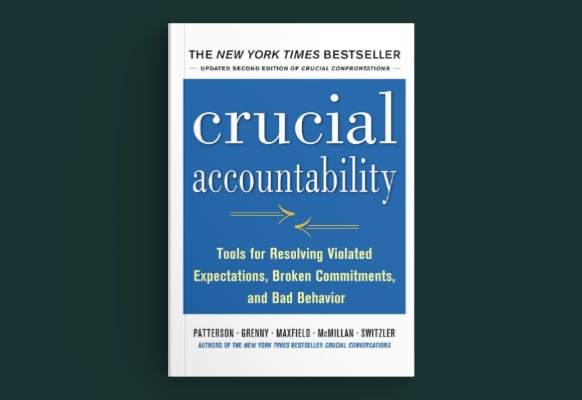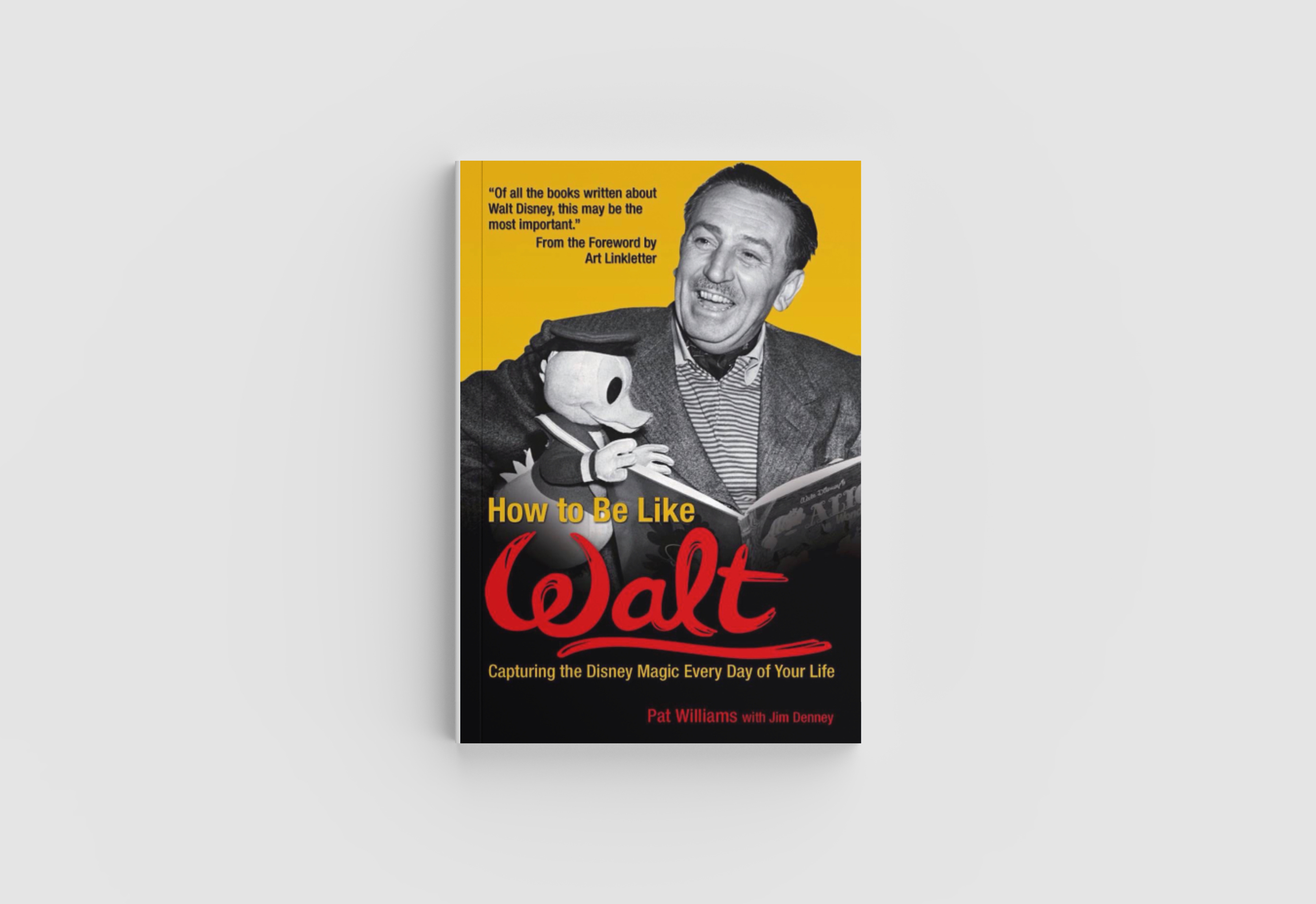Book Bites June 2025: No More Status Quo
This Month's Selection:No More Status Quo – A Proven Framework to Change the Way We Change the World By Heather Hiscox The twenty-fifth in a series...

This Month's Selection
Who Moved My Cheese, by Spencer Johnson, M.D.
The seventeenth in a series of Better Impact Book Bites
A taste of great books worth consuming.
Change is inevitable, yet many of us (present company included) have a difficult time grappling with change. This book tackles this topic effortlessly in a matter of 94 large print pages, and relevant pictures to boot. My kind of book. It took me about two (interrupted) hours over two days to finish. I found it fascinating how many people commented on how great the book was while I was reading it in public. Even more reason to pick up this book and dive in.
This review is a little different from the others. With it only being 94 pages, there aren’t really a lot of chapters, but rather four distinctive themes. The author concentrates on using fun fictional characters representing four very real personas to illustrate his point.
Theme 1: This person not only “sniffs” out change, but actually anticipates it. Throughout the book the character representing this persona exhibits traits and characteristics of someone who is rarely caught off guard by change. They are always looking for signs of change that can help prepare them and maybe even lessen the blow of change.
Theme 2: This person “scurries” into action after being made aware of the change. They may not have seen it coming, but they take action right away. This character demonstrates characteristics of the person who swiftly moves into action and doesn’t overanalyze a situation to the point where they endure analysis paralysis.
Theme 3: This person resists change (often unintentionally), due to several factors including the uncertainty of the future, hesitant to move out of one’s comfort zone and/or disagreement with the change. The circumstances this character creates for himself as a direct result of fear illustrates how we often do this to ourselves. The author overemphasizes it, almost to the point where it is ridiculous. However, I found it brilliant because it is the situation we put ourselves in, and often don’t see it until we see how ridiculous it looks on someone else.
Theme 4: This person learns to laugh at himself and not take himself so seriously. His humor and a decision to look at change from a different perspective helped him to navigate the circumstance that caught him by surprise. This character, by design, is the most thoughtful of the four characters. He had the greatest adaptation to change of all four, and as a result, learned the most. What I loved about this character is that as he learned, he shared what he learned so others could learn from his lessons. A character after my own heart.
This book was a bit cheesy (sorry, I couldn’t resist), but it nails the point home. I appreciate that you can identify with one character and simultaneously see yourself in each character. So many of us resist change, but why? Are we afraid? Are we comfortable? Do we think it’s ridiculous? Probably a little bit of all three, but what we need to realize is that how we approach change directly influences the end result and how it affects us.
The more you practice something, the better you become. This also applies to adapting to change. Practicing how we handle change, especially in the small things (like installing the latest updates on your phone) builds our “change muscles”. Start looking for change areas in your life to adapt to. This way, when larger changes are thrust upon you, your change muscles have already been strengthened to help guide you through the transition.
Featured Posts

This Month's Selection:No More Status Quo – A Proven Framework to Change the Way We Change the World By Heather Hiscox The twenty-fifth in a series...

This Month's Selection:Crucial Accountability:Tools for Resolving Violated Expectations, Broken Commitments and Bad Behavior By Kerry Patterson,...

This Month's SelectionHow to Be Like Walt Capturing the Disney MagicEvery Day of Your Life, Pat Williams with Jim DenneyThe eighteenth in a series...